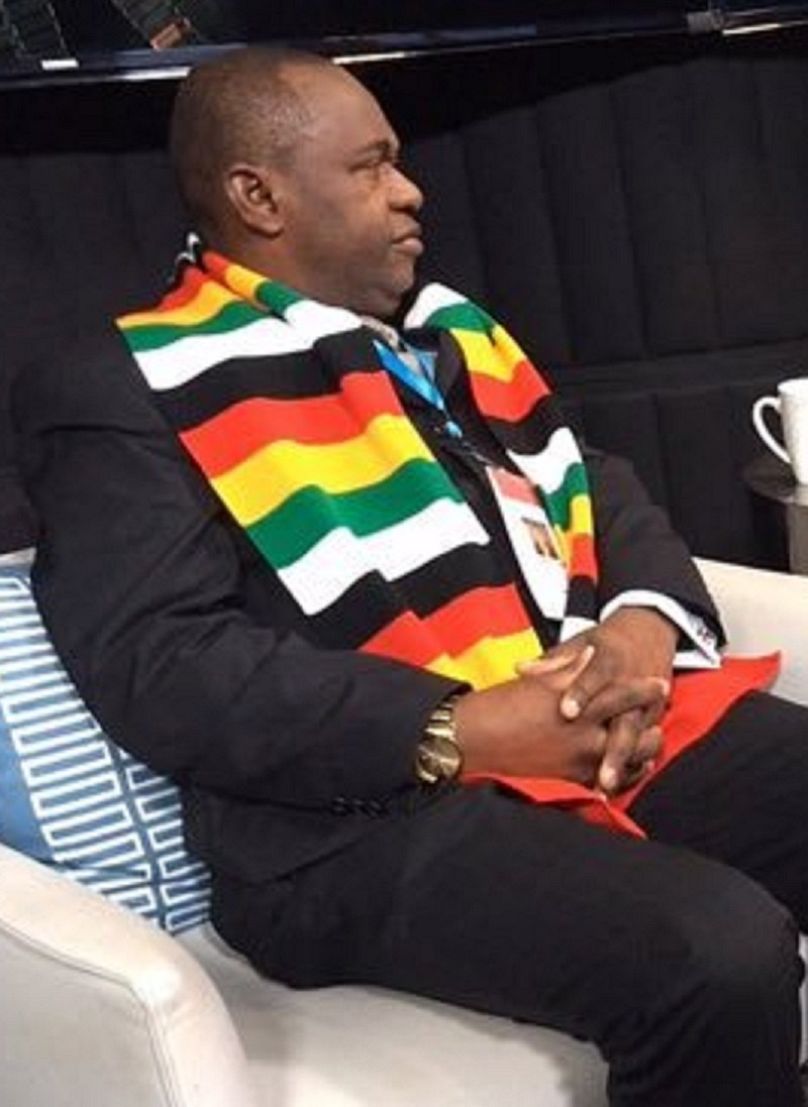No one should underestimate the scale of the mountain facing Zimbabwe after 37 years under Mugabe. The presidential election in 2018 was a turning point, with voters having a real choice for the first time in decades.
A year has passed since Zimbabwe elected President Emmerson Mnangagwa in late July 2018. This is an important milestone for our new administration, one that has made reform a key priority, as we sweep away the decades of misrule and mismanagement that Zimbabwe has been synonymous for. But key challenges remain as the economy faces the inflationary effects of a drought and currency depreciation.
Zimbabwe and the European Union relaunched political talks in June aimed at normalising relations between the two parties, which had become strained during the former president Robert Mugabe’s rule. The EU’s longstanding partnership with Zimbabwe, which dates back to the independence of the country in 1980, focuses on development cooperation in the areas of health, agriculture and economy. The EU helped Zimbabwe respond to various natural disasters and drought, especially following Cyclone Idai and subsequent floods in March this year. Moreover, Zimbabwe, the EU and the United Nations (UN) launched a Spotlight Initiative to end violence against women and girls at the end of June.
Despite these positive developments, no one should underestimate the scale of the mountain facing Zimbabwe after 37 years under Mugabe. The presidential election in 2018 was a turning point, with voters having a real choice for the first time in decades. That the election result was close is itself a testament to the strong democratic current and the feeling of hope in the new Zimbabwe.
President Mnangagwa won a personal mandate for reforming the country. In the 12 months since then, he has single-mindedly worked on turning that goal into reality for all Zimbabweans.
On the economic front, the country is turning a corner with the government achieving a budget surplus within a few months of taking over. The monthly budget deficit declined from $242 million (€218 million) in November 2018 to a surplus of $733 million (€660 million) in December, and a provisional surplus of $113 million (€102 million) for January this year.
With the economy in the safe hands of finance minister Mthuli Ncube – a respected economist with a doctorate from Oxford – Zimbabwe is expected to continue its successful bid to rein in the budget deficit. Our target for 2019 is to reduce the budget deficit from about 12% of GDP to 5%.
The government is also reducing Zimbabwe’s massive debt. It will only borrow RTGS$ 400 million from the central bank in 2019, down from RTGS$ 3 billion last year; cut the government’s salary bill to 67% of the budget, down from 79% last year; and it will not take on any new debt from foreign lenders until early 2020.
But the economy is still expected to suffer in the short term before it can grow again, due to a severe drought and Cyclone Idai that devastated crops in the eastern part of the country in March. According to a recent report by UN aid agencies, Zimbabwe needs about $218 million (€196 million) to provide food aid to 5.5 million people until April 2020, when the next harvest is expected.
Meanwhile, the International Monetary Fund (IMF) has supported the government’s reform process, including the plan to relaunch the Zimbabwe dollar by early 2020. The IMF said the economy would contract by 2.1% this year before rebounding to 3.3% growth in 2020. The annual inflation rate will average 80.86% this year, but the figure is expected to fall to 14.1% next year. This indicates the economic pain felt by ordinary Zimbabweans will soon be over, thanks to the tough economic measures being taken by the Mnangagwa administration.
Structural reforms are also being implemented with over 30 Mugabe-era laws currently under review. This follows the government’s promise to modernise laws and align them to the Constitution.
The Public Order and Security Act (POSA), a controversial emergency law that dates back to the Mugabe era, will be replaced by the Maintenance of Peace and Order Act (MOPA), which will bring Zimbabwe in line with Western standards. The government has also initiated the process of compensating white commercial farmers who lost their land during Mugabe’s Land Reform Programme. These are all key demands made by the United States government in order to remove long-standing sanctions against Zimbabwe.
The UN has commended Zimbabwe’s media reforms, consisting of three bills that will effectively replace the Access to Information and Protection of Privacy Act (AIPPA). The government is committed to opening up the airwaves and promoting the freedom of expression and dissemination of diverse views in the country.
There are some in Western democracies who believe that Zimbabwe can do nothing right, that our new administration cannot implement real change. But the pace of change on the ground shows that this is Zimbabwe’s once-in-a-generation chance to get it right. If the US and the EU extend their support to the Mnangagwa government and our reform efforts, Zimbabwe will be able to transform itself even faster and live up to its huge potential.
President Mnangagwa has made his preference clear: one of his first acts as president was to reach out to the West, steering Zimbabwe away from Mugabe’s ‘Look East’ policy. Mnangagwa has invited Western investment, saying the country is now “open for business,” thereby signalling a clean break with the past.
We hope the West will reciprocate this hand of friendship. If the United States and EU end their Mugabe-era sanctions and support Zimbabwe on its journey back from two decades of isolation, they will find us a willing and strong partner in Africa.
Dr Sibusiso Busi Moyo is the Minister of Foreign Affairs and International Trade in Zimbabwe
________
Are you a recognised expert in your field? At Euronews, we believe all views matter. Contact us at view@euronews.com to send pitches or submissions and be part of the conversation.












